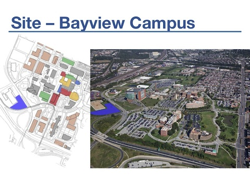

October 1 and 2, 2013 8:00pm ET/5:00pm PT
Now on its eighth run, the NIH SBIR Phase I Program for First-Time Applicants is a very practical step-by-step, four-hour online “How-To” workshop over two evenings to help researchers, faculty members, graduate students, post-docs and entrepreneurs create a SBIR company and apply to the NIH SBIR program in December of 2013. This workshop includes a post-course review of the applicant’s proposed SBIR application by our experts before submission to the NIH. As an added benefit, your SBIR companies will be included on NCET2’s newsletters that is sent out to VCs, angel investors, Global 1000 companies, and government funders.
The NIH SBIR/STTR program is one of the federal government’s best mechanisms to continue funding innovative life science research after traditional research funding has been exhausted. The objective of the program is to dramatically increase the impact of innovations derived from original federally funded R&D, and as such is an ideal program to fund university commercialization of research through new university/faculty/student startup companies. Phase I can be for up to $150,000 for 6 months. Phase II can be for up to $1 million for 2 years. After Phase I and II, the company should have eliminated enough technical and scientific risk of the original research that the company is ready for outside investor funding or product sales in the company sustainability final Phase III of the SBIR program.





